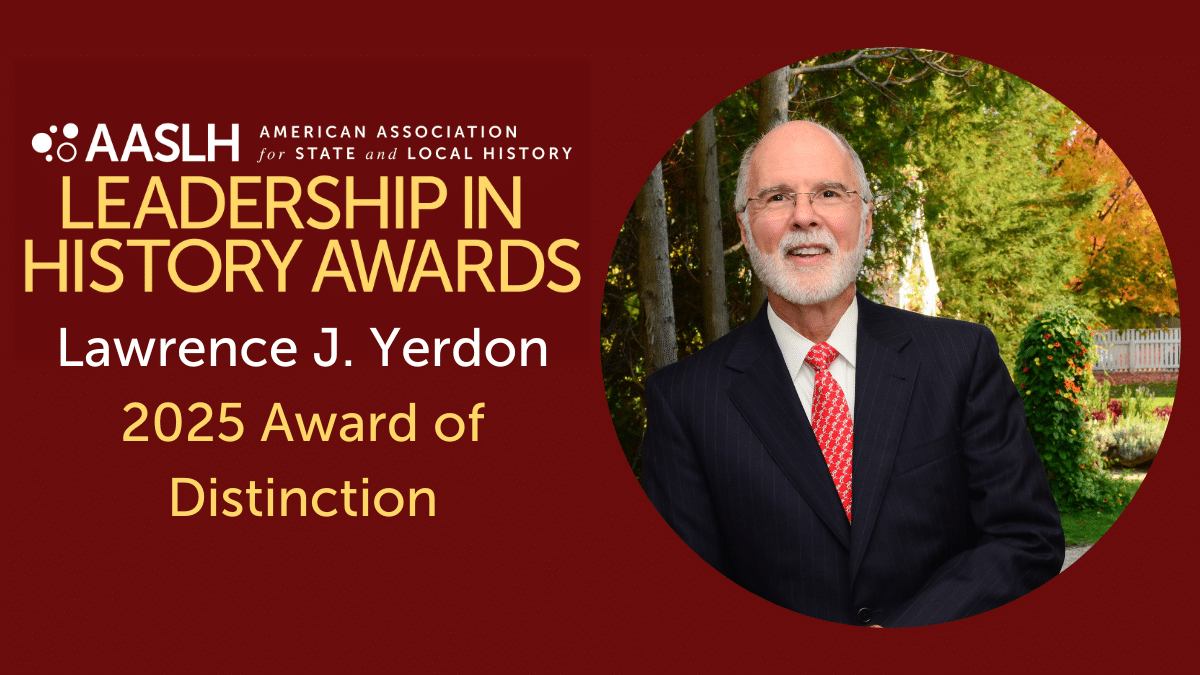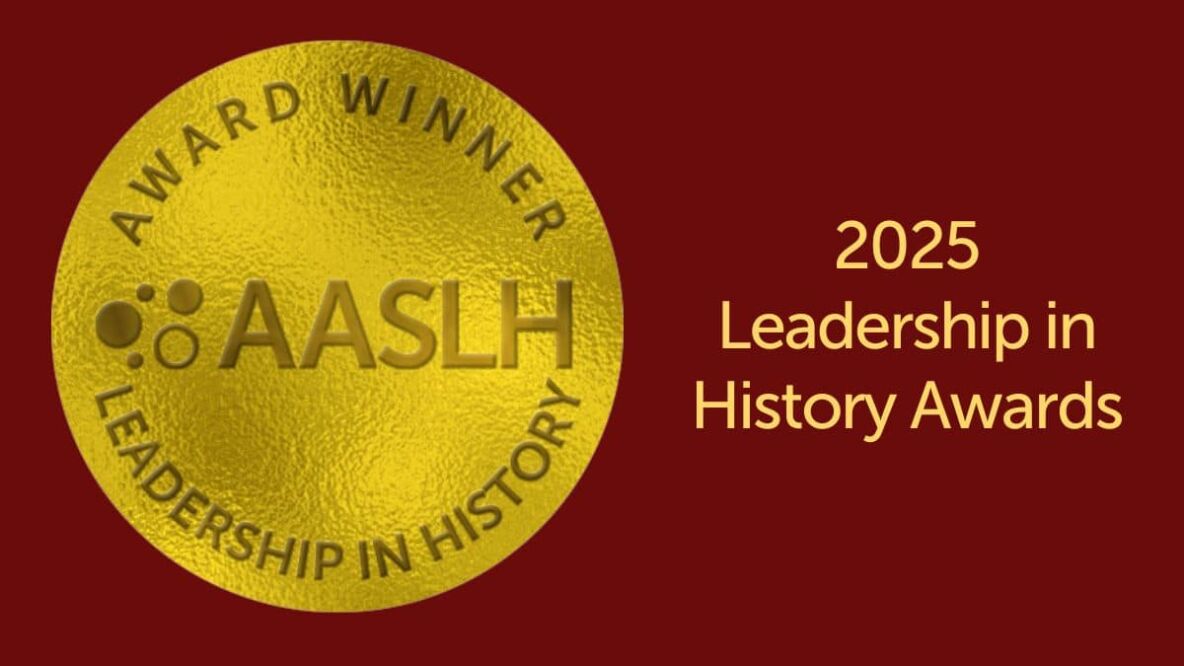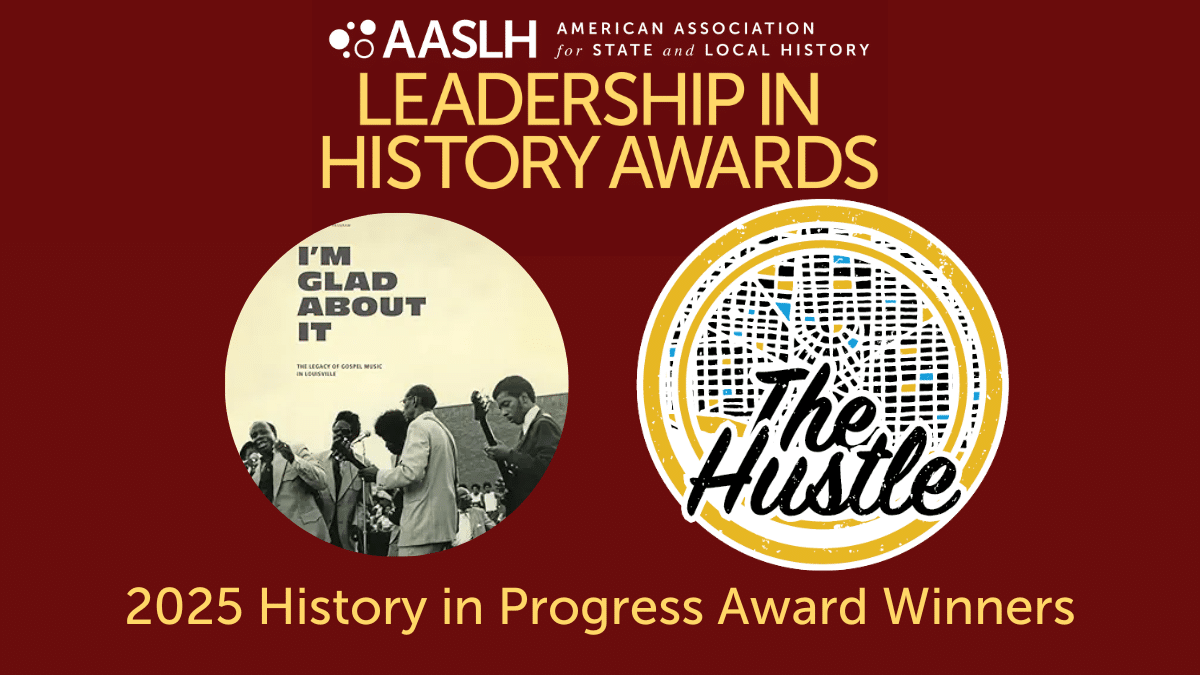In My Grandfather’s Knocking Sticks: Ojibwe Family Life and Labor on the Reservation, historian Brenda Child blends a historical study of Indigenous labor, unemployment, and other hardships of reservation life with her own engaging family memoir about the working lives of an average family. Describing the everyday lives of her grandparents at the Red Lake Reservation, Child challenges traditional narratives about American Indian culture and events on twentieth-century reservations.
Part One tells the Auginashes’ stories, showing how traditional lifeways, boarding school education, and creative adaptation to agency rules brought them through hard times. Their Bureau of Indian Affairs files, full of incendiary comments on their morals and character, reveal the breathtakingly intrusive power of the Indian agents. By examining documents, letters, and family narratives, Child exposes the authority given to a handful of federal employees who controlled not only benefits, tribal loans, and welfare programs but also access to information. Part Two uses three aspects of labor that have been introduced in Part One—fishing, healing, and ricing—to show the people’s adaptive skills in labor patterns, gendered labor, political leadership, mobility, and urbanism. It also features remarkable stories, such as when the WPA came to teach the Ojibwe how to harvest maple sugar and wild rice.
It is difficult for a writer to combine personal history with academic history, because warm personal memories can take over—or diligent annotation and analysis can trample the family story. Child’s extensive research, skillful explication, and respect for readers finesse these challenges. She also shows courage in using her own family to tell history, because making people credible requires exposing flaws and misunderstandings. Jeanette worked as a bootlegger; Brenda was aware as a child of her paternal (white) grandfather’s racism; and Brenda the historian realized only belatedly that her Ojibwe grandfather’s knocking sticks demonstrated adaptation, rather than continuity, in gathering wild rice.
In his endorsement of this volume, historian Brian Hosmer notes, “It reminds us of the essential power of family, labor, and personal narrative, and the way memoir can decolonize scholarship.” Child has produced an unusual, powerful, and beautiful story, a book that scholars, students, and members of many different communities can learn from and enjoy.
Recipient
Brenda J. Child
Minneapolis, MN
Award Details
2016 Award of Merit
Online Details
Contact Details
Minnesota Historical Society Press
345 Kellogg Blvd. W.
St. Paul, MN 55102



